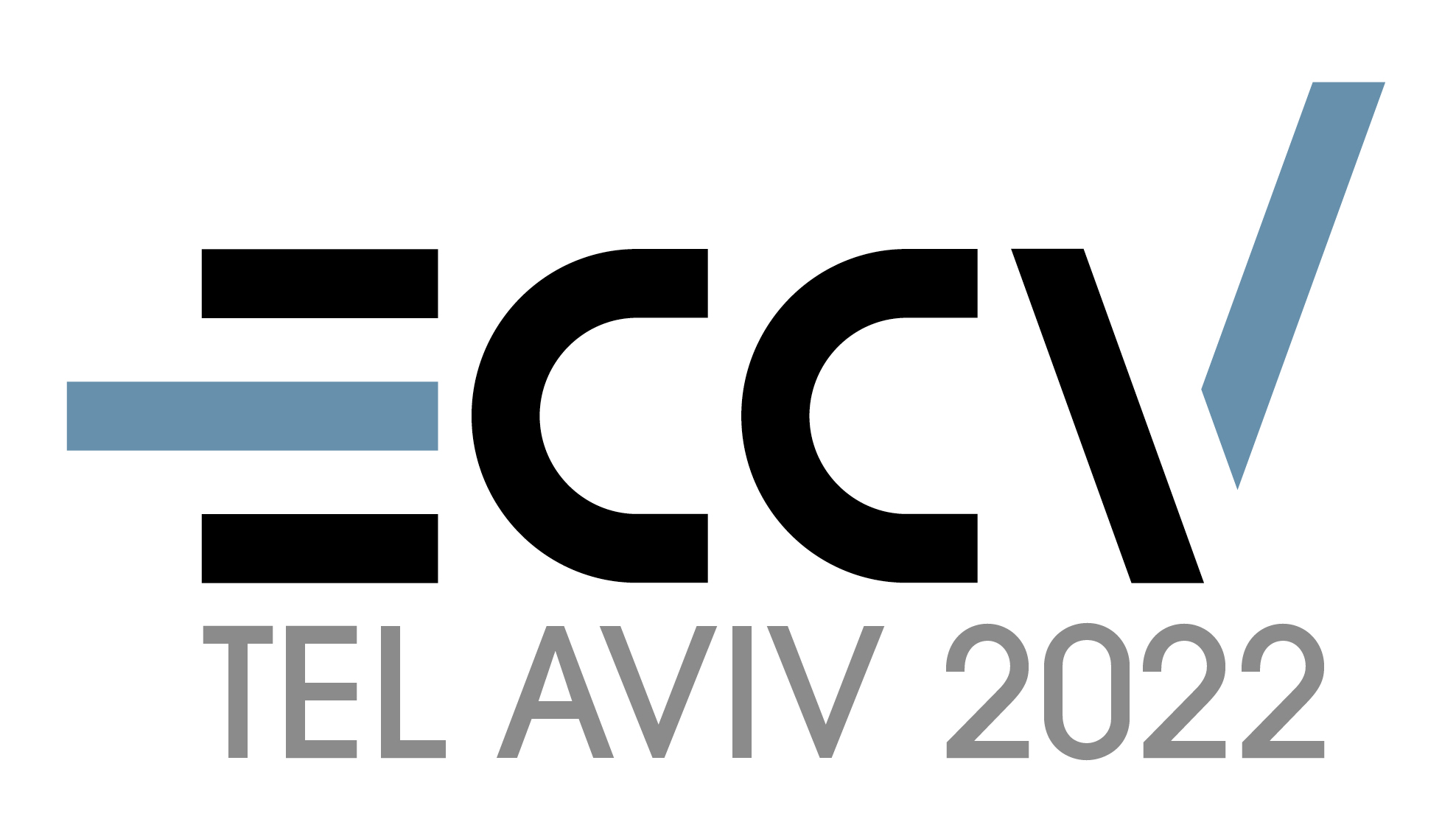허재필 교수 연구실, ECCV 2022 논문 2편 게재 승인
- 인공지능학과
- 조회수1520
- 2022-07-29

비주얼컴퓨팅연구실(지도교수: 허재필)의 논문 2편이 컴퓨터 비전 및 인공지능 분야의 Top-tier 학술대회인 European Conference on Computer Vision 2022에 게재 승인되었습니다.
논문 #1: “Tailoring Self-Supervision for Supervised Learning”
(인공지능학과 석사과정 문원준, 인공지능학과 박사과정 김지환)
논문 #2: “Difficulty-Aware Simulator for Open Set Recognition”
(인공지능학과 석사과정 문원준, 인공지능학과 석사과정 박준호, 인공지능학과 석박통합과정 성현석, 인공지능학과 석박통합과정 조철호)
“Tailoring Self-Supervision for Supervised Learning” 논문에서는 먼저 Supervised Learning 환경에서 Self-supervision Task가 특별한 변경 없이 추가적으로 적용되었을 때, 발생할 수 있는 문제점들을 지적하였습니다. Supervised Learning의 Objective를 보조하는 역할로의 Self-supervision Task가 적용될 때, Self-supervision Task가 가져야 할 세 가지 특성을 제시하고, 이를 만족하는 Localization Rotation이라는 새로운 Task를 제안하였습니다. 제안한 방법이 Deep Learning 모델의 강건함 및 일반화 능력을 시험할 수 있는 여러 벤치마크에서 일관된 성능 향상을 가져오는 것을 확인하였습니다.
“Difficulty-Aware Simulator for Open Set Recognition” 논문에서는 Open Set Recognition을 위한 가상의 샘플을 시뮬레이션 하는 새로운 방법을 제시하였습니다. Open Set Recognition 문제는 학습 때 경험하지 못한 새로운 클래스의 데이터를 식별하는 문제로, 인공지능을 실세계에 적용하기 위해 필수적인 요소 기술입니다. 기존의 방법들도 모델 학습 시 가상의 샘플들을 생성하여 활용하였지만, 본 논문에서는 기존 기술들이 다양한 난이도의 Open Set 샘플들에 대응하기 어렵다는 것을 확인하고, 다양한 난이도의 Open Set 샘플들을 시뮬레이션 하는 Difficulty-Aware Simulator 프레임워크를 제안하였습니다. 제안된 기술은 의도한대로 분류기의 입장에서 난이도별로 가상의 샘플을 만들어냈으며, 이를 활용하여 Open Set Recognition 분야에서 높은 성능을 달성하였습니다.
[논문 #1 정보]
Tailoring Self-Supervision for Supervised Learning
WonJun Moon, Ji-Hwan Kim, and Jae-Pil Heo
European Conference on Computer Vision (ECCV), 2022
Abstract:
Recently, it is shown that deploying a proper self-supervision is a prospective way to enhance the performance of supervised learning. Yet, the benefits of self-supervision are not fully exploited as previous pretext tasks are specialized for unsupervised representation learning. To this end, we begin by presenting three desirable properties for such auxiliary tasks to assist the supervised objective. First, the tasks need to guide the model to learn rich features. Second, the transformations involved in the self-supervision should not significantly alter the training distribution. Third, the tasks are preferred to be light and generic for high applicability to prior arts. Subsequently, to show how existing pretext tasks can fulfill these and be tailored for supervised learning, we propose a simple auxiliary self-supervision task, predicting localizable rotation (LoRot). Our exhaustive experiments validate the merits of LoRot as a pretext task tailored for supervised learning in terms of robustness and generalization capability.
[논문 #2 정보]
Difficulty-Aware Simulator for Open Set Recognition
WonJun Moon, Junho Park, Hyun Seok Seong, Cheol-Ho Cho, and Jae-Pil Heo
European Conference on Computer Vision (ECCV), 2022
Abstract:
Open set recognition (OSR) assumes unknown instances appear out of the blue at the inference time. The main challenge of OSR is that the response of models for unknowns is totally unpredictable. Furthermore, the diversity of open set makes it harder since instances have different difficulty levels. Therefore, we present a novel framework, DIfficulty-Aware Simulator (DIAS), that generates fakes with diverse difficulty levels to simulate the real world. We first investigate fakes from generative adversarial network (GAN) in the classifier's viewpoint and observe that these are not severely challenging. This leads us to define the criteria for difficulty by regarding samples generated with GANs having moderate-difficulty. To produce hard-difficulty examples, we introduce Copycat, imitating the behavior of the classifier. Furthermore, moderate- and easy-difficulty samples are also yielded by our modified GAN and Copycat, respectively. As a result, DIAS outperforms state-of-the-art methods with both metrics of AUROC and F-score.



